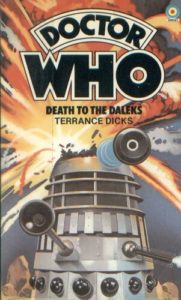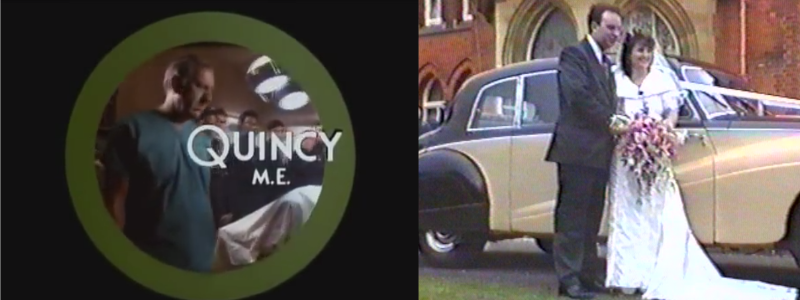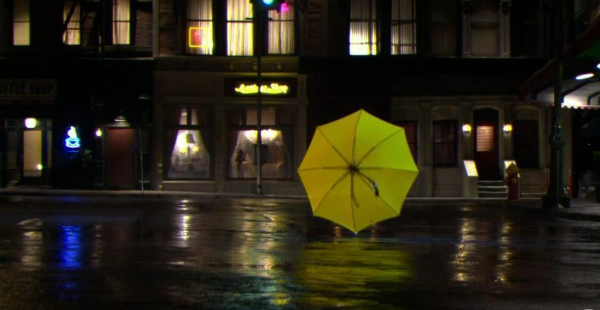Maybe this is just something male. It feels a bit male. But one way I can make myself feel like I’m getting somewhere, is to count.
Actually, no, hang on, practically every novelist I know has their word count figure in their head. Maybe it’s not just me, not for everything.
But I know my absolute limit of how many words I can write a day – it’s 10,000 words or 20 pages of script, and I can keep that up for ten days straight, after which I am dead for a month. And I know too many numbers.
I know that since September 2012 when I was asked to speak at the PowWow LitFest, I’ve since done a further 667 public speaking engagements. It might only be ten minutes Skyped into a venue, or it might be a day-long residential thing, but I count them all.
And I don’t think it’s any surprise that as a freelance writer, I count my invoices. I don’t really, I don’t go over the totals and remember them, but the invoices are numbered so it’s a bit obvious what the count is.
Whereas this isn’t.
I also count the jobs I do.
That’s harder to define, really, as some of it is quite clear such as ‘writing script X’ is quite certainly a job. I just still do not know what do about counting draft 2.
And then a feature article I write is clearly one job, but a site I write for has me do a particular repeating piece of research and, frankly, I count it if I think about counting it, and most of the time, I don’t.
So this is not really a statistically useful count, and whatever you’re doing today, if you counted each separate task as a new job, you’d get bored very easily.
No, wait, that was a poor choice of words. I shouldn’t have said ‘task’ because any one job can have dozens of tasks in it. Just a sec. Okay, a rough and ready export of my OmniFocus database says I currently have 630 tasks across 55 projects to do.
So that’s not 55 jobs, but it’s also far from 630. Somewhere in the middle is what I call a job. And whatever way I have conjured up of defining that, this is approximately how I count it.
And although I see what we’re doing here as you and I getting to chat, it’s still something I set time aside for every week, so it’s a kind of job. It’s one I look forward to, but it’s a specific thing I do at a specific time of the week. We really, really should do this over a drink some time. You just never answer the phone.
But the reason for wibbling on at you about counting is that this chat right here, this natter with you, is my 1,000th job of 2019.

I did have to cheat a little. I was writing a horrible news story that was going to be the 998th and I knew if I didn’t take care, the 1,000th would come up on me before I noticed and it’d be something dull.
Oh. Or it could’ve been a script I’m writing that I have entirely forgotten to count. Bugger. This count is rubbish, isn’t it?
So I added a new job I was going to be doing yesterday evening, called that 999, and then wrote the subject of this Self Distract so that I could call it 1,000. After that, I did another news story, wrote an article and talked on a podcast, so now I’m up to, what, 1,003.
This can’t matter to anyone. But it’s still useful to me. I like that you’re the 1,000th, it makes me beam. And I also like that whatever cockeyed insane Dewey Decimal System I’m using to count all this, 2019 has hit a thousand jobs.
I constantly fear that I’m not getting enough done, that I am letting deeply precious time roar by and achieving nothing, so being able to see a thousand of anything, helps.
Plus, it turns out that in total, 2018 had 823 jobs. In total. Smug.
Grief: 2017 had 326. Then 2016 was 792.
I’m sure I was counting before then, but since 2016 I’ve been using a FileMaker Pro database I call a Job Book, and finding out those figures for you was more clicking a button and less an extremely pointless, daft exercise.
It’s still a bit of an extremely pointless, daft exercise. But if a poorly-counted number in a database can make me feel happy, I’ll take that.




